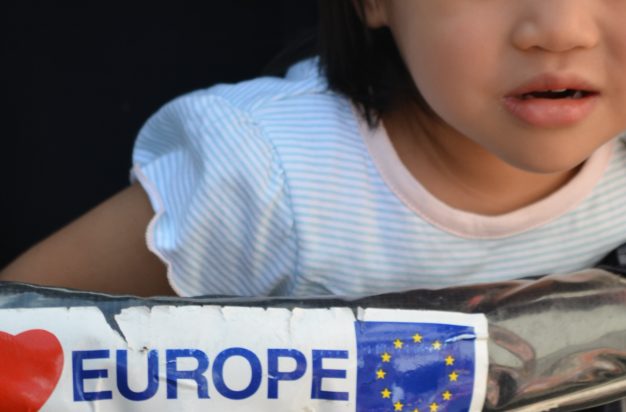
Towards Barnahus in all European states – ensuring the rights of every child
‘Getting it right: ensuring child-friendly justice through Barnahus structures in Europe’ is the theme under which the Council of Europe, which works for the protection of human rights, will mark this year’s European Day on the Protection of Children against Sexual Exploitation and Sexual Abuse (18 November),
A high-level event on the ‘Barnahus model’ will first be held on 16 November, organised by the Council of Europe and the Council of the Baltic Sea States, under the Icelandic Presidency of the Council of Europe Committee of Ministers.
Barnahus (Children’s House) is the leading European response model for child sexual abuse, promoted as a promising practice by the Committee of the Parties to the Convention on the protection of children against sexual exploitation and sexual abuse (Lanzarote Committee). Its unique inter-agency approach brings together all relevant services under one roof to avoid re-victimisation of the child and provides every child with a coordinated and effective response.
The core purpose of Barnahus is to coordinate parallel criminal and child welfare investigations and support protection, recovery and justice for child victims and witnesses of violence in a child-friendly and safe environment.
This event will bring together high-level key international stakeholders, with the aim of exploring the Barnahus concept, including what works, opportunities for improvement, and potential adjustments to national legal frameworks.
There will be speeches by, among others, the Minister of Education and Children of Iceland on behalf of the Presidency Ásmundur Einar Daðason, Council of Europe Secretary General Marija Pejčinović Burić, and Director General of the Council of the Baltic Sea States Secretariat Grzegorz Posnanski will address the event in opening session, and Special Representative of the UN Secretary-General on Violence against Children Najat Maalla M’jid will deliver a keynote speech.
Click here for the draft programme.




